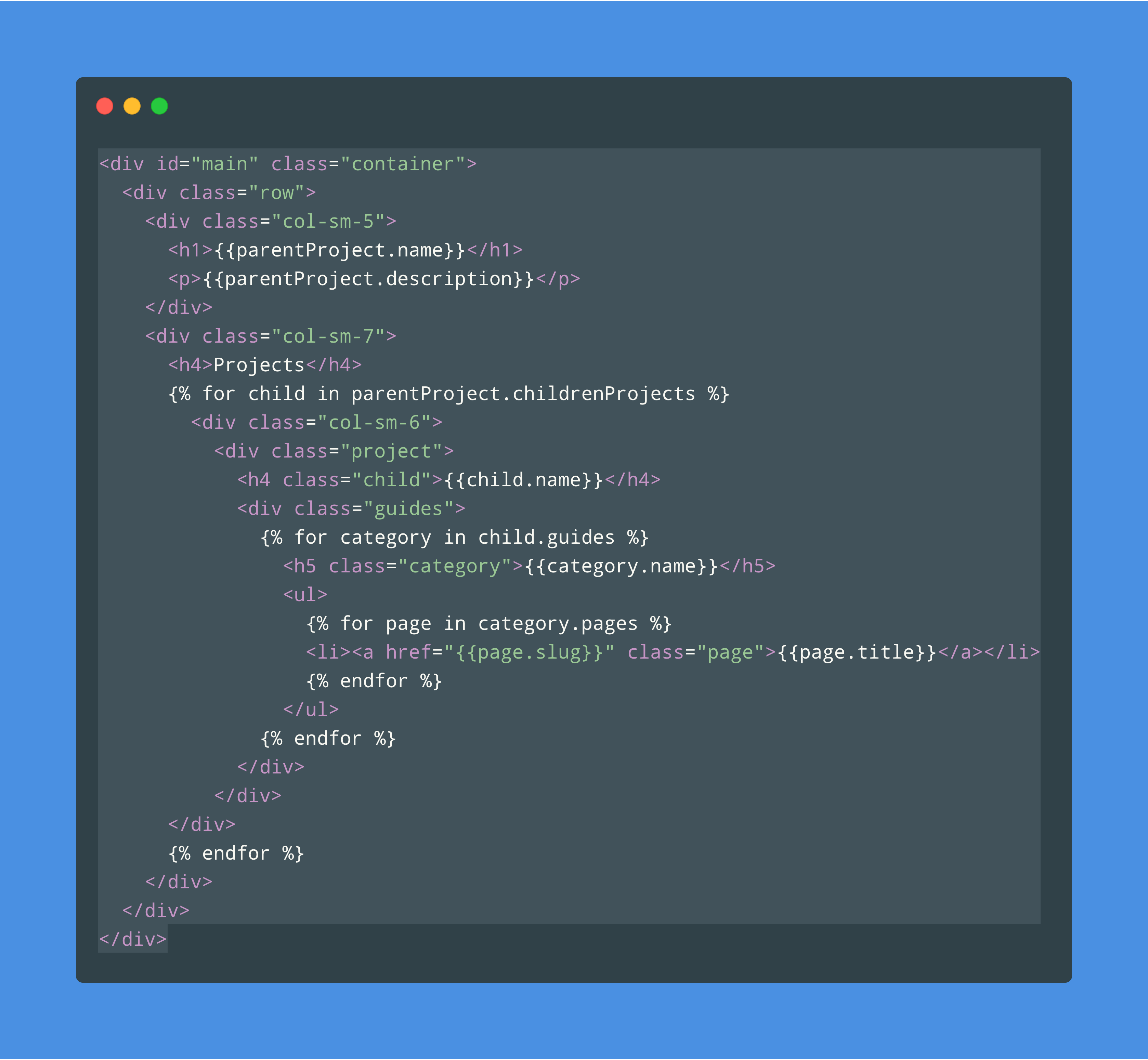Happy Tuesday folks! This edition of the Owlet Weekly Update is dedicated to my mother, who is celebrating her birthday today. 🎉 Feel free to tweet at us with your birthday shoutouts using the hashtag #happybirthdaykanadsmom!
We have some exciting updates to our API Explorer, our Suggested Edits workflow, and lots more. Details below! 👇🏽
Bigger Feature Updates and Improvements
- Building off our Cookie-filled announcement from a few weeks ago, the API Explorer now supports Cookie Authentication! (See a demo here.) 🍪
- Say goodbye to broken links when you change slugs in ReadMe! 🔗 Now, when you update the slug on a Guides or API Reference page, links to the old slug will magically redirect to the new slug! ✨
- This wouldn't be a true Owlet Weekly Update without a mention of our massive Search improvements! We're continuing our gradual (emphasis on gradual) rollout to even more projects. As always, we'd love to hear your feedback—let us know at [email protected]! 🔍
- Suggested Edits is one of my favorite features within ReadMe. If you’re anything like me when reviewing suggested edits, your review process generally entails reading the raw Markdown diff in the suggestion, closing your eyes, and imagining what these changes look like in the documentation. 🌀 Well I’ve got wonderful news for those of you that don’t share my vivid imagination. Suggested Edits now has a Preview button! 👀
Bug Fixes and Minor Improvements
- A few weeks ago, we fixed a bug where users were unable to save their changes when making edits in Raw Mode. Turns out this was an issue with the Custom Pages as well. Happy to report that it's now fixed! 📝
- Now that data actually loads in Documentation Metrics, we discovered another bug where clicking to see additional info wouldn't even load that data. Sorry about that, folks. This issue has now been fixed! 👥
- Fixed an issue with our Segment Analytics integration where, for certain projects, it was only tracking initial page loads. 📈
- A small portion of projects may notice some speed improvements during the initial load of the ReadMe project dashboard. 🚀
- Various security and access improvements for projects that use both SAML and ReadMe login. 🔐
- Improvements to how our API Explorer code snippets handle
application/x-www-form-urlencodedpayloads. 📦 - Minor styling improvements to our
apicode snippets in the API Explorer. 💄 - Even more backward-compatibility improvements to the ReadMe Markdown engine. ⏪
Thanks again for reading and for being a part of the ReadMe community (and happy birthday mom)!
—Kanad and the ReadMe Team ![]()
What is the Owlet Weekly Update?Thanks for tuning in to another edition of the Owlet Weekly Update —an owlet-sized update (posted every Tuesday to the ReadMe Changelog) where we provide an overview of the bug fixes and minor improvements that went out as part of our new Tuesday release cycle.
As we refine our format and process for providing these updates, we'd love to hear what you think at [email protected]!



